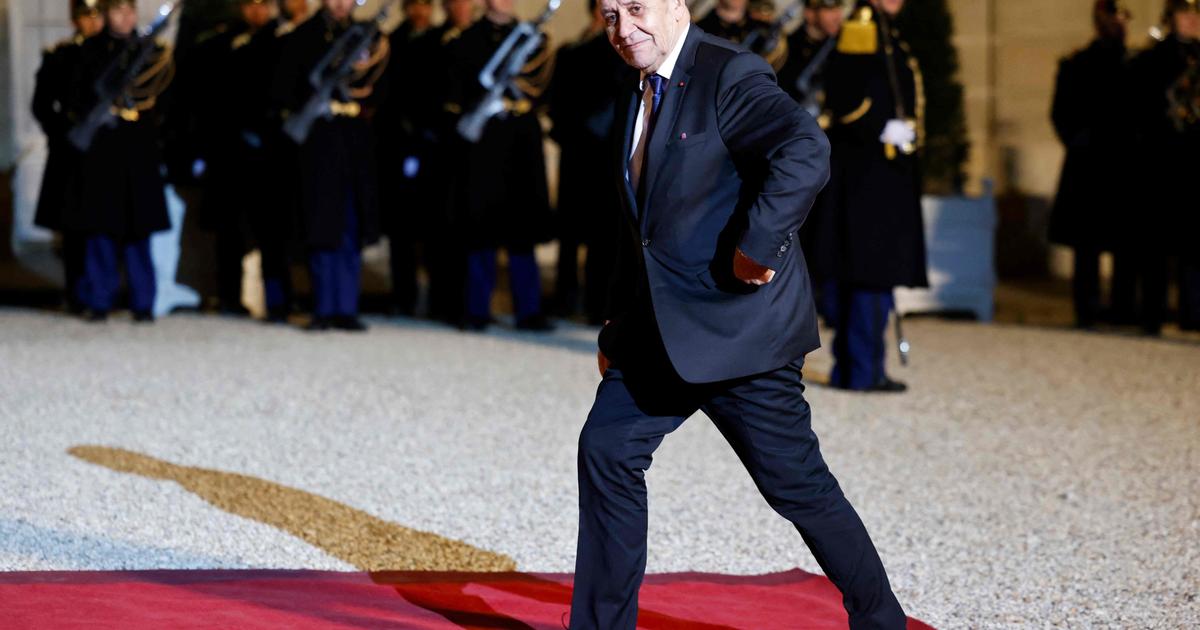Enlarge image
Ayatollah Ali Khamenei casting his vote
Photo: ATTA KENARE / AFP
The presidential election in Iran has started.
More than 59 million voters will elect a successor to President Hassan Rouhani on Friday, who was no longer allowed to run after two terms in office.
Because of the corona pandemic, the opening hours of the polling stations were extended and their number increased to more than 70,000.
The country's spiritual leader, Ayatollah Ali Khamenei, cast the first vote in the capital Tehran, officially opening the ballot box.
According to the Ministry of the Interior, the first results are expected on Saturday or Sunday at the latest.
The new president will then be sworn in in August.
After the election, observers expect a change in political power.
Of the seven candidates initially admitted, only four entered the race on election day.
An ultra-conservative cleric, a reformer, a former general and a hardliner.
The clear favorite is the cleric and head of justice Ebrahim Raisi.
The reform-minded economist Abdolnasser Hemmati, who is particularly hoping for protest votes, is given the opportunity to be outsider.
In large parts of the population, Raisi's election victory is considered to be certain.
Failed four years ago because of Rouhani, this time his way to the presidential office is much easier. This was also ensured by the so-called Guardian Council, which, as an electoral body, sorted out serious competitors.
This even led to violent protests within their own ranks - and to great disinterest on the part of the people in an election that is widely perceived as being staged and undemocratic.
What a victory for Raisi would mean
According to experts, Raisi would not continue the moderate course of Rouhani as president.
During the election campaign, he focused more on economic issues and promised a quick end to the financial crisis caused by the US sanctions.
But without negotiations with the USA on the future of the 2015 Vienna nuclear agreement, which has now been undermined by both sides, an end to the sanctions - and the almost three-year economic crisis - would not be feasible.
It is precisely this agreement that Raisi has sharply criticized in recent years.
Now, however, his point of view sounds less radical.
"We will respect the agreement, but we will set the conditions for it, not the United States," he said during the election campaign.
He did not want to announce his conditions for this until later.
In Middle East politics, too, observers expect a more radical course when Raisi takes over the presidency, and in relation to archenemy Israel an even more hostile one than before.
aar / dpa / AFP





